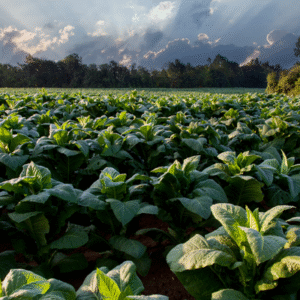The United Kingdom and Brazil have signed a new partnership aimed at addressing the environmental impact of fertilisers while unlocking their economic potential. The agreement, formalised through a memorandum of understanding, focuses on making fertiliser production and use more sustainable and efficient. Priority areas include protecting biodiversity, cutting greenhouse gas emissions, and strengthening resilient supply chains to ensure food security.
The signing took place at a meeting chaired by UK Special Representative for Nature, Ruth Davis, and Brazilian Deputy Agricultural Minister Cleber Oliveira Soares. Both sides committed to expanding collaboration in research, innovation, and knowledge sharing to reduce the harmful effects of fertiliser overuse while supporting sustainable agricultural growth.
This initiative comes ahead of COP30, which will be hosted in Brazil, and highlights the two countries’ shared ambition to show global leadership on sustainable fertiliser use. Fertilisers play a critical role in agriculture, but their misuse contributes to pollution and accounts for around 5% of global greenhouse gas emissions. The partnership aims to improve efficiency, promote innovation, and strengthen international cooperation to address these challenges.
Ruth Davis stressed the importance of global cooperation to restore soils, protect ecosystems, and secure food systems for future generations. She praised Brazil’s leadership as one of the world’s most biodiverse nations and emphasised the shared opportunity to drive innovation and resilience.
Brazilian Deputy Agricultural Minister Cleber Oliveira Soares highlighted that advancing sustainable fertiliser practices allows the country to balance agricultural growth with biodiversity protection and climate responsibility. He pointed to Brazil’s investments in research, innovation, and international collaboration as key to this effort.
Deputy Minister Marcel Moreira added that international cooperation on sustainability not only strengthens environmental outcomes but also boosts Brazil’s global trade position. By aligning agricultural innovation with emission reduction efforts, Brazil aims to enhance its credibility as a reliable supplier of safe, sustainable, and high-quality food to global markets.







